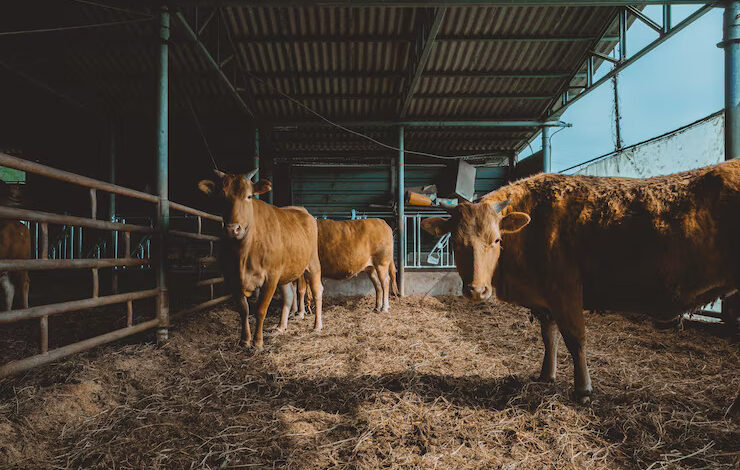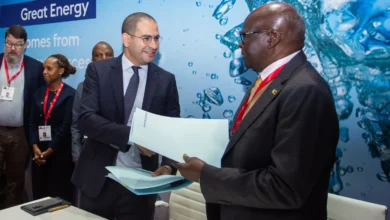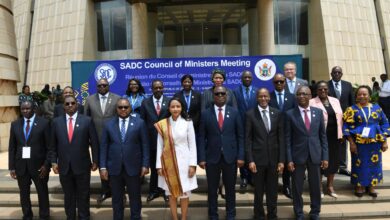AfDB Approves US$10.12 Million Grant to Boost Climate-Smart Farming in Zimbabwe’s Drought-Prone Regions

The African Development Bank (AfDB) has green-lit a US $10.12 million grant to strengthen sustainable agricultural production and resilience among smallholder and livestock-keeping communities in Zimbabwe’s most drought-affected provinces. Through the Zimbabwe Agricultural Value Chain and Livelihoods Enhancement Project—financed by the African Development Fund—an estimated 49 000 farmers across Matabeleland South, Masvingo and Bulawayo Metropolitan Province will gain access to climate-smart practices, vital water infrastructure and improved market opportunities.
The initiative is designed to uplift both crop and livestock production. Some 42 000 crop farmers and 7 000 livestock-keepers will benefit from training in soil conservation, drought-tolerant seed varieties and integrated crop-livestock systems that boost yields and diversify income streams. Women will account for half of the beneficiaries, while young farmers aged under 35 will make up 20 % of those reached.
To tackle chronic water scarcity, the project will install solar-powered boreholes in strategic locations, ensuring reliable irrigation for crops and water points for animals even during dry spells. In parallel, dip tanks across the three provinces will be rehabilitated to safeguard livestock health and prevent disease outbreaks that regularly devastate herds.
Land use planning and catchment restoration form another core component of the project. By rehabilitating degraded rangelands and riverbanks, the programme aims to improve water retention, reduce soil erosion and enhance grazing resources. Meanwhile, an inclusive market access strategy will link farmers to buyers and agro-processors, enabling them to capture higher value for their produce and animal products.
Economic modelling predicts the creation of some 200 permanent jobs and 2 800 seasonal positions linked to infrastructure works, training delivery and value-chain activities. Beneficiary households are expected to see their average monthly income rise from around US $85 to US $120, bolstering food security and household resilience against future climate shocks.
Implementation is set to begin in June 2025, with activities running through to December 2029. The AfDB has described the grant as a critical investment in Zimbabwe’s agricultural sector, one that strengthens farmers’ capacity to manage recurring droughts while laying the groundwork for sustained rural economic growth.
By combining climate-smart agriculture with value-chain development and essential infrastructure, the Zimbabwe Agricultural Value Chain and Livelihoods Enhancement Project is poised to transform livelihoods in some of the country’s hardest-hit areas, setting a new standard for resilient farming in southern Africa.




